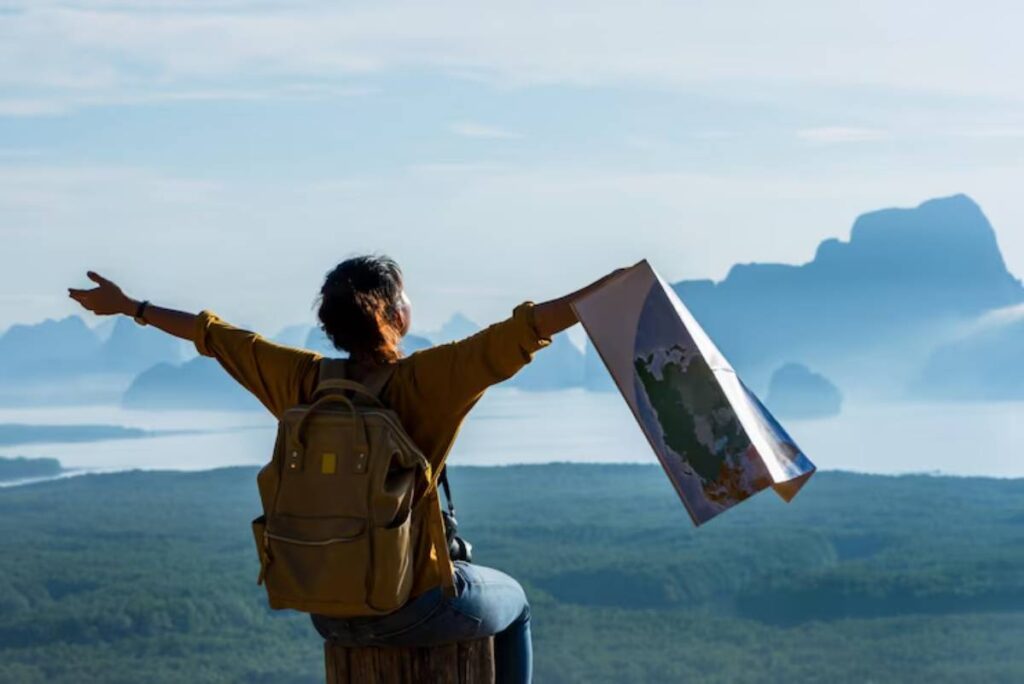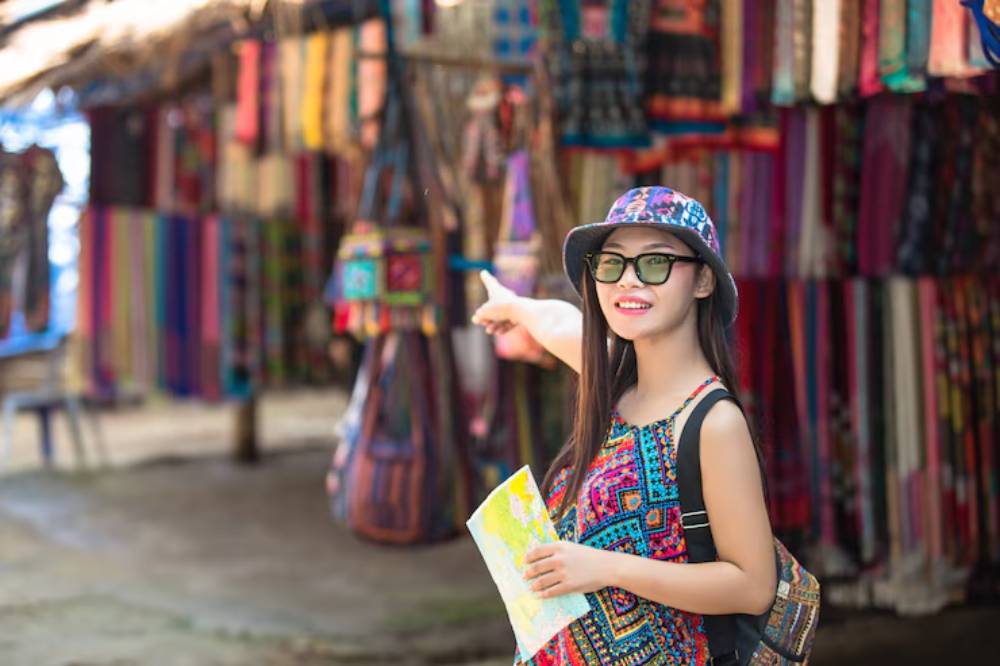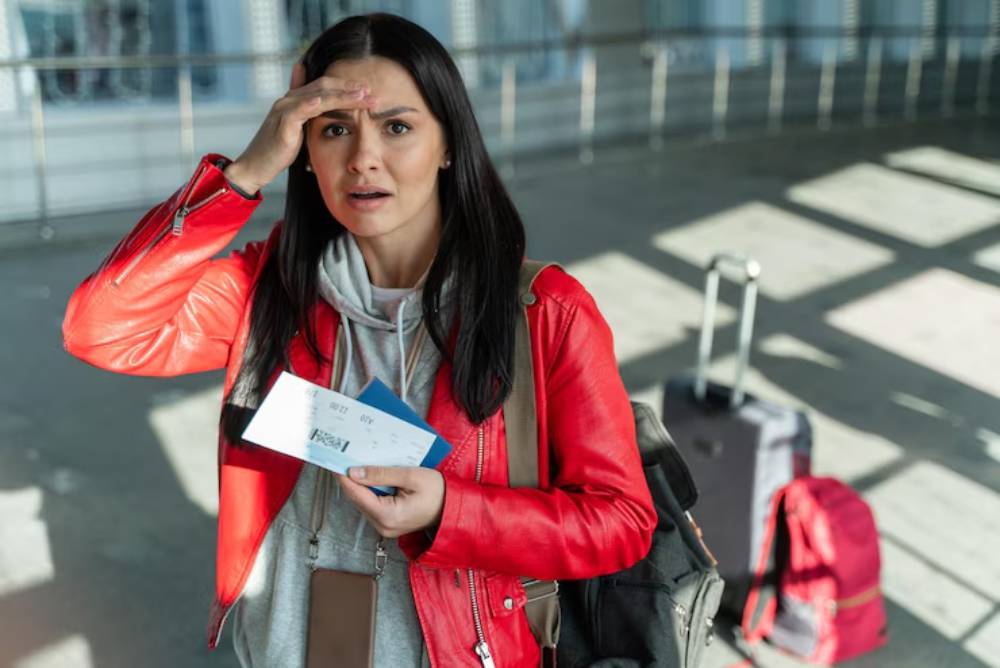The Health & Wellness Blog

Travelling with Intention: A Guide to Mindful Journeys
Travel is more accessible than ever in our fast-paced world. Most of us rush from one place to another. We tick off sights and capture photos, but rarely have the authentic experience. But what if we slowed down? What if we travelled not to get away but to gain, learn, reflect, and grow?
That’s where mindful travel can be of help. It’s not where you go, or how long you stay; it’s how you go about your journey. Travelling intentionally encourages mindfulness and respect. This guide encapsulates mindful travel. Discover how to infuse awareness, meaning, and joy into every journey you take.
Why Mindful Travel Matters
To travel mindfully is to experience the world with your eyes wide open — not simply to see, but to notice. It’s a little more about connecting on a human level with the places you visit and the people you meet. Instead of racing through a checklist of attractions, it dares you to linger and enjoy every minute.
In our busy world, this philosophy can be a refreshing counterpoint to the standard ‘see it all’ mindset. Travelling mindfully helps you stay connected to yourself, to others, and to your environment. It works whether you’re in a quiet village or a busy city.
Being aware of your actions and choices while travelling helps you. You can lower your environmental impact, respect local cultures, and have richer experiences. This makes your travels more meaningful and lasting.
The Real Benefits of Travelling with Intention
A Pathway to Personal Growth
Travel with intention and you invite change. Some involve trying new foods, meeting different people, or visiting strange places. These experiences strengthen the mind and build endurance. They can make you question your assumptions and broaden your world perspective.
When done wisely and with good intent, travel can be a powerful tool for self-development. It cultivates patience, humility, and empathy. You start to see how other people live, what their values are, and how they view the world. Over time, you gain a clearer sense of your own values and place in it.
Nurturing Travel Wellness
Intentional travel is another important aspect of mental and emotional health. Whereas rushed trips leave you drained and frazzled, mindful journeys are restorative. They make room for calm, contemplation, and actual joy.
You could take a moment to walk at sunrise. Enjoy a meal without distractions. Or just sit still and soak in a beautiful view. Travelling mindfully can reduce anxiety and sharpen focus. It helps you come home feeling refreshed, not drained.
You don’t need a packed itinerary to feel fulfilled. Sometimes, the most memorable moments happen in quiet pauses, not in busy crowds.
Supporting Sustainable and Responsible Tourism
Travelling mindfully goes alongside sustainability. Travelling consciously makes you a more ethical and sustainable traveller. You are more likely to shop at local businesses than chains. You also select environmentally sustainable places to stay and do your best to minimise your footprint.
You’re also more cognizant of the cultural and social implications of your presence. This could mean a few things. You might need to wear the right clothes, learn local phrases, or check out local customs before you arrive. Small acts of respect build strong ties between travellers and host communities.
How to Practise Mindful Travel: Tips and Habits
Set Intentions Before You Go
Before you go, think about what you want to get out of this trip. Are you looking for connection, solitude, learning, or maybe renewal? Your response can help inform your plans and influence your decisions along the way.
You can write these intentions in a journal. Or, you can silently repeat them to yourself during your trip. Intentions help you stay grounded when things go wrong. They also remind you of your purpose when you lose focus.
Choose Quality Over Quantity
One travel mistake people often make is trying to fit in too much in too little time. This can lead to stress and fatigue, and a somewhat shallow impression of the place. Instead, focus on depth, not breadth.
That little bit of time in fewer places gives you time to settle in. You feel the beat of daily life. You build stronger ties with people and culture. You may come back with fewer photos, but you’ll probably bring home fuller memories.
Embrace the Local Culture

One of the pleasures of travelling is exploring how others live. Take the time to immerse yourself in local traditions, cuisine, music and narratives. Be curious. Ask questions. Engage in local experiences, from a cooking class to a market tour to a community celebration.
Knowing a few simple phrases in the local language, like “hello” or “thank you,” can open doors and bring smiles. Not fluency, but effort and respect.
Make Time for Stillness
Build space into your itinerary for rest and reflection. You might end the day by journaling, meditating in a quiet place, or just enjoying the view from a park bench.
Stillness helps you absorb what you’ve experienced and appreciate where you are. It also allows you to listen to yourself and to the subtle sounds, sights, and feelings around you.
Common Pitfalls in Interntional Travel

While the idea of mindful travel is simple, it’s easy to fall back into old habits. Here are a few traps to avoid:
Overplanning: Packing your schedule with back-to-back activities might seem efficient. It often robs you of spontaneity. Leave space for the unexpected – those unplanned moments often become the highlights.
Neglecting Self-Care: In the excitement of exploring, it’s easy to forget basic needs. Things like rest, hydration, and healthy food should not be forgotten. Listen to your body and honour what it needs, even if it means skipping a tour or going to bed early.
Being Too Rigid: Travelling mindfully doesn’t mean being perfect. Sometimes things go wrong – a missed train, a language barrier, an unexpected detour. Try to embrace these moments with flexibility and humour. They’re part of the journey too.
Deepening the Practice: Advanced Tips
Try Slow Travel
Slow travel means staying longer in each place. It focuses on overland journeys when possible. This way, you can notice more details along the way. It’s less about checking countries off your list and more about authentic engagement with a region.
Walk through neighbourhoods, talk to locals, and visit weekly markets. All this helps you know the area better than a quick trip. It’s also often the more environmentally conscious and emotionally rewarding approach.
Limit Your Screen Time
Take a break from your phone or laptop while travelling. This can boost your mental clarity and emotional connection. A digital detox doesn’t mean no technology at all – just using it more mindfully.
Set certain times to check messages or post on social media, and keep your phone tucked away the rest of the time. Instead of constantly capturing moments through a lens, try to be fully present in them. Let your memories live in your mind, not just on your camera roll.
Reflect and Share Your Journey
At the end of your trip, set aside some time to contemplate. What did you learn? How did it change you? What surprised you? Journaling, gathering photos, or talking with a friend can help you understand what you experienced. That way, you can carry those insights with you.
Your mindful travel story can inspire others to travel mindfully.
Final Thoughts: The Journey Within the Journey
Intentional travel isn’t about being perfect or adhering to a rigid set of rules. It’s about being mindful, about noticing how you move through the world and how you behave within it. It’s about observing, listening, and learning about new cultures. Travel is a privilege. It brings responsibility and offers chances for personal and community gains.
The next time you plan a trip, consider: What do you want to learn? How do you travel more intentionally? Do I want to make an impact on the world?
The more we travel with purpose, the more we see that each journey helps us understand and respect the world. It also allows us to grow.
Happy and mindful travels.









